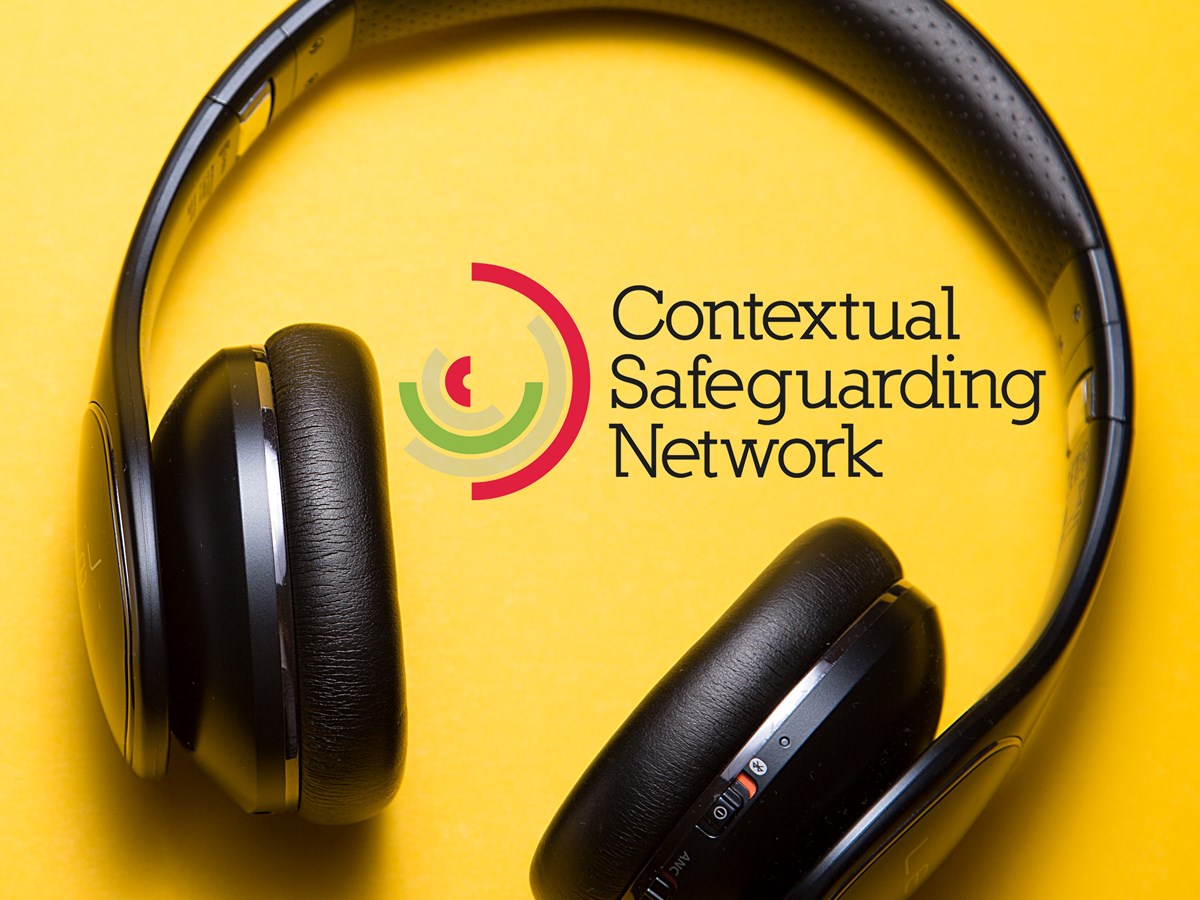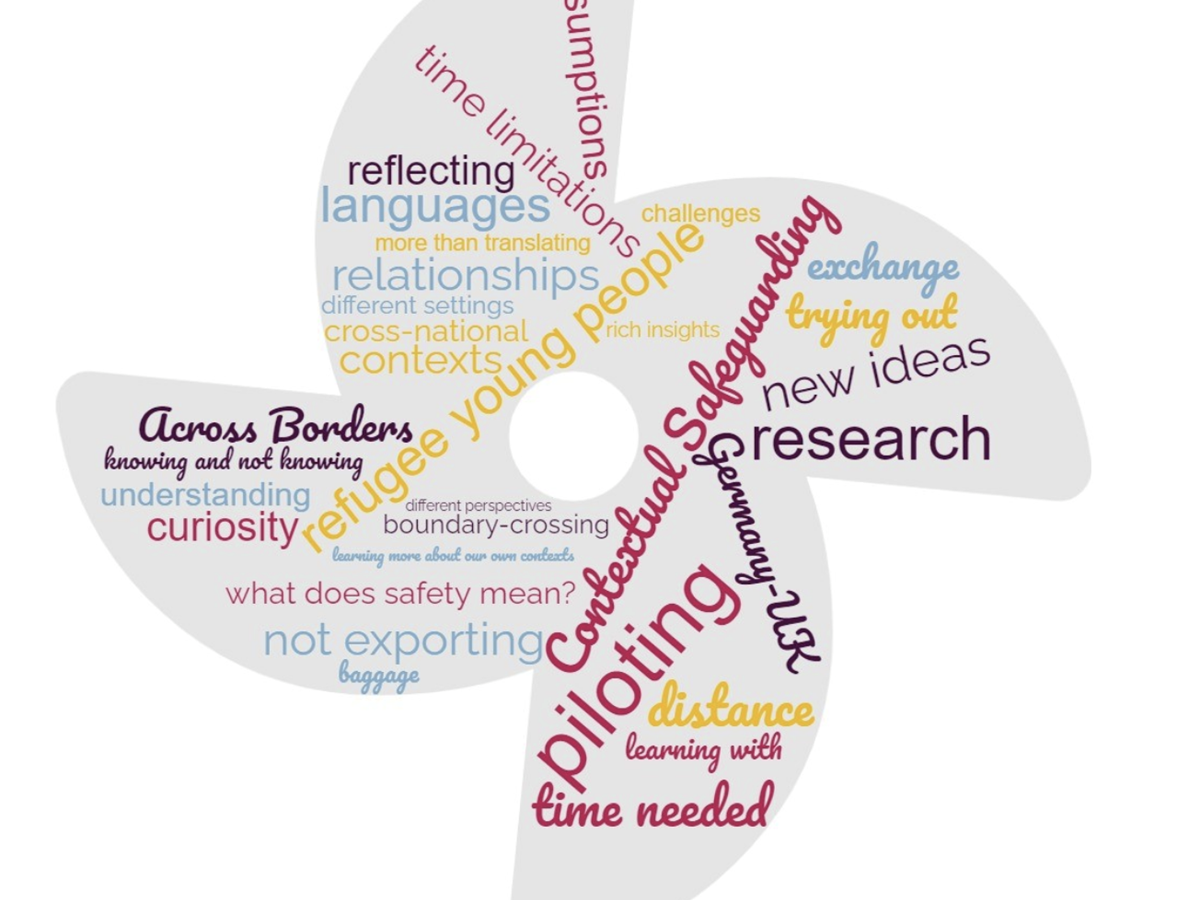Contextual Safeguarding Across Borders was a two-year project (2021-2023) exploring the applicability and feasibility of Contextual Safeguarding in international contexts, specifically in situations of structural, historical, and contemporary inequalities. The project aimed to:
- Understand the relevance and usefulness of Contextual Safeguarding in developing and supporting statutory and non-statutory responses to extra-familial forms of harm
- Explore how knowledge and expertise from international settings transforms, troubles or improves how Contextual Safeguarding is understood and/or practiced
- Consider whether Contextual Safeguarding can support the development of child protection responses that acknowledge and address the relationship between structural inequalities and extra-familial forms of harm
Specifically, the study explored the feasibility of Contextual Safeguarding as an approach to support safeguarding responses to refugee young people in Europe (strand A) and 'street connected young people' affected by extra-familial harm in Tanzania (strand B).
We partnered with two international NGOs: The International Rescue Committee in Germany, supporting refugee young people, and Railway Children Africa, supporting street-connected young people in Tanzania.
This work drew on embedded and co-production methodologies used in other projects in the Contextual Safeguarding programme concerned with testing contextual interventions and designing structures to sustain/support those interventions.
The following resources produced from the study share how we tested Contextual Safeguarding activities with our partners and what we learnt about how Contextual Safeguarding might be applicable and relevant beyond the UK, and about some of the universal the conditions required to implement the Contextual Safeguarding framework.
Principal investigator: Prof Carlene Firmin
Co-investigator: Dr Lauren Wroe
Research Assistants: Delphine Peace, Vanessa Bradbury
Research Consultant: Dr Nathalie Huegler
Funder: Porticus











